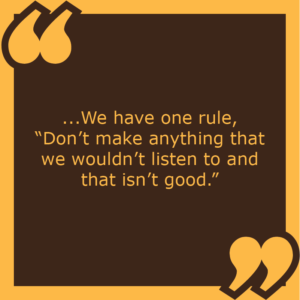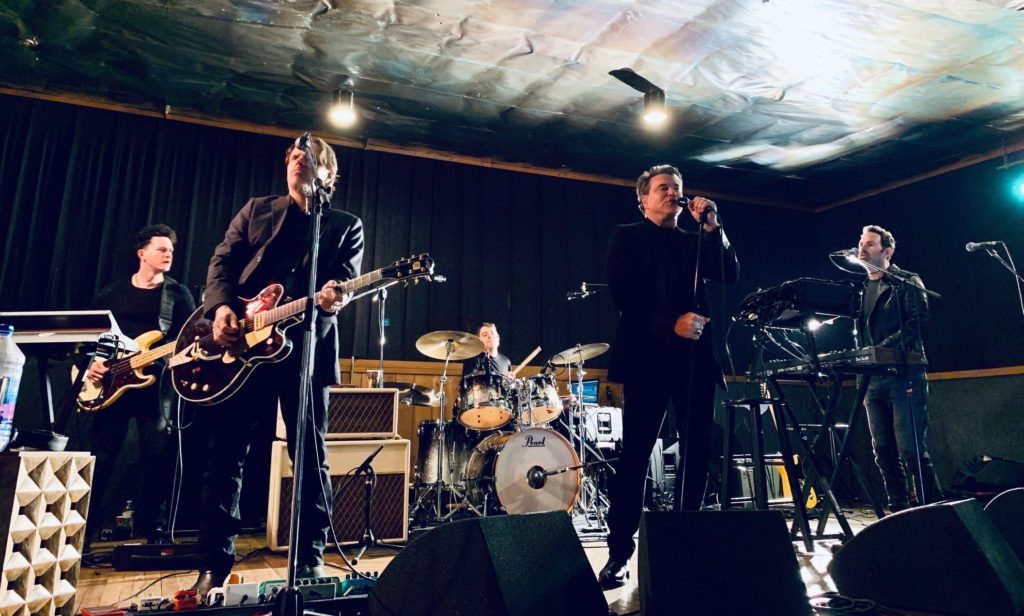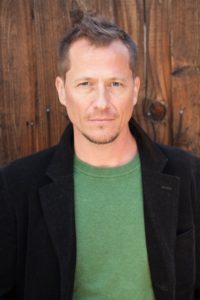
Having grown up somewhat alongside Corin Nemec – he on our television screens, we sitting in front of them – the Arkansas-born actor has entertained us for decades. From the ahead-of-its-time “Parker Lewis Can’t Lose” to the small screen adaptation of “The Stand,” as well as some of our favorite episodic science fiction, “Stargate” and “Supernatural,” he has surprised us with his versatility time and time again. Perhaps no role has been more surprising however than the half man/half bunny of “Rottentail,” the new horror/comedy mashup that is sure to become a cult classic. Based on the graphic novel by David C. Hayes and published by Source Point Press, the film is available now in select theaters.
We recently sat down with Nemec to discuss career longevity, where he is most at peace, and why he hopped at the opportunity to play the film’s title character.
TrunkSpace: You’ve been working in the industry for decades. What would be the biggest surprise to 10-year-old Corin if he was able to sort of catch a glimpse of how your career has played out? What would the younger version of you be the most psyched about?
Nemec: Well, the fact that I’ve been in the industry for over 30 years and I’m still working.
TrunkSpace: Did you have a long-term plan in place when you were first dreaming of becoming an actor?
Nemec: It’s tough to say. This industry is such a roller coaster, you know? Like I answered before, it’s pretty amazing that I’m still working consistently year after year because there’s plenty of actors that started when they were kids at the same time that I did who never worked again once they became adults, much less in their 40s. It’s just a huge blessing that I’m still able to compete and continue doing what I’ve always loved to do. There’s ups and downs – it’s rare that there’s real consistency. Even with people with huge careers, there still can be major ups and downs.
TrunkSpace: Was it a matter of putting yourself in the right place at the right time?
Nemec: I think that a lot of it is because at a certain point in my career, when many other actors would probably not audition as much, I realized that it was more important to put ego aside and be willing to audition for films, television shows or whatever else in order to continue working on a regular basis and to compete for jobs that wouldn’t be offered to me. I think that that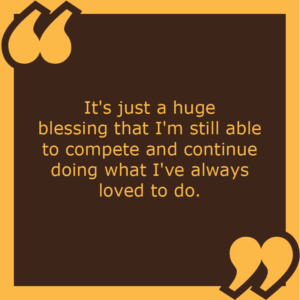 had a lot to do with it because there were other actors with careers similar to mine, and they were more thinking that they should be in “offer-only” kind of situations for parts. For me it was about always being willing to compete for a role, win or lose. I think that that was a big part of my longevity throughout my late 20s and into my 30s. I think that since then it’s also been relationships that I’ve made as I’ve gotten older, with producers, directors and casting directors. I’ve made some decent relationships with a number of them over the years that I end up working with on a semi-regular basis.
had a lot to do with it because there were other actors with careers similar to mine, and they were more thinking that they should be in “offer-only” kind of situations for parts. For me it was about always being willing to compete for a role, win or lose. I think that that was a big part of my longevity throughout my late 20s and into my 30s. I think that since then it’s also been relationships that I’ve made as I’ve gotten older, with producers, directors and casting directors. I’ve made some decent relationships with a number of them over the years that I end up working with on a semi-regular basis.
TrunkSpace: Would you say that you still enjoy working in the industry as much today as you did when you first started out?
Nemec: Oh yeah! It’s strange. I feel more at home and more at peace… and more in my own skin… when I’m sitting in a trailer in-between scenes or on a set than I do anywhere else in my life. It’s just I feel that I’m participating in what it is that I love to do. It’s a great blessing, and I certainly do not frown upon it at all. I know some people in the industry who they just have oddly bad attitudes even when they’re working, and even when they’re not working. When I see people with bad attitudes on set it’s like, “Do something else.”
TrunkSpace: From what we understand, you’re a big comic book fan. Did that play into your initial interest in “Rottentail” seeing it started out as a graphic novel?
Nemec: Although I hadn’t read the graphic novel, I was familiar with the graphic novel previous to getting the job. It was a bit of a cult hit. I do a lot of conventions – Comic Con-style conventions mostly – for my work on “Stargate” and “Supernatural.” I end up hanging out with a lot of the comic book artists and stuff like that. I usually pop by all the comic book stands, where they have everything set up, and have a chat and check out what’s going on. I’m an artist as well. I’ve drawn my whole life, and I was totally addicted to MAD Magazine and Heavy Metal magazine. Those are my two favorite magazines, and the art in both of those is always really great. I was also into the regular comic book stuff, and then later on, checking out some of the graphic novels. I always loved the idea of translating graphic novels into features because there’s some just amazing stories in a lot of those graphic novels, especially with the more avant-garde publishing companies. Not everything is DC and Marvel, let’s be real here. There’s just far more content out there than DC and Marvel.
So I was very excited when I heard about it. I got a copy of the graphic novel and I was like, “Oh wow! This is hilarious!” And then I got a hold of the script and met with Brian Skiba and had a chat about it. I was just excited that it was going to be a horror/comedy because I think that if we had gone straight horror with something like “Rottentail,” a half man/half rabbit – without the funny in there – I don’t think that it would have come across nearly as well as it has because it’s so ridiculous. Without that comedy I don’t think that people would have believed in the world as much.
TrunkSpace: They comedy certainly helps viewers suspend belief. When we first watched, because of that comedic side to it, we thought, “This has the potential to be a cult classic.”
Nemec: Yeah, it definitely is in the running to be a cult class. Absolutely it is.
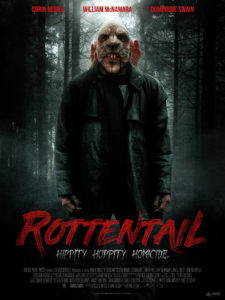 TrunkSpace: Is that something that you consciously think about when you see a concept like this, which while not for everyone, you know there will be a certain segment of movie fans who will get it?
TrunkSpace: Is that something that you consciously think about when you see a concept like this, which while not for everyone, you know there will be a certain segment of movie fans who will get it?
Nemec: Yeah, I think we knew once we did the makeup test and did a mock up of one of the scenes. William McNamara came out and we did a little piece of one of the scenes just to see how everything played and what the character was like. I think that was the real “Aha!” moment for Brian Skiba and I. It was like, “Oh yeah, we definitely have something here.” The makeup looks absolutely amazing. The character came together right away and it looked great on film. Once that happened, the excitement level and the enthusiasm definitely went up. The budget on this is under $300,000 and we spent over $60,000 of it on special effects makeup. If you do the math, you can see how much was left for principal photography and we only had 16 days to shoot it in. This script was not a slice of life film. There is a lot happening in it. Brian Skiba, being the great director that he is, was able to pull it off. I think a lesser director would have just collapsed under the pressure.
TrunkSpace: It reminded us of something like “Bubba Ho-tep” in terms of its cult classic potential.
Nemec: Yeah. I think that it’s similar to how maybe the first “Chucky” movie was, although I think “Chucky” took itself even a little bit more seriously than we’re taking things. There’s a lot of great one liners… a lot of great comedy to it. It’s a character that isn’t really taking itself too seriously. I really think that for the genre and for the budget that we had and the shooting schedule… I really think that we knocked it out of the park. Our hope is that it does well enough to get us another, a “Rottentail 2,” which of course we would preferably have a real budget for so we can show people what we can really, really, do.
TrunkSpace: Rottentail is such a memorable character, but you’ve played a lot of memorable characters on screen over the years. Who is a character that you wish you had more time to explore further?
Nemec: I would definitely say the role on “Stargate” was cut short in a way that was unexpected and I really think that it was unfortunate that that character wasn’t utilized a lot more in the episodes after the character was written out of the show. I was pretty surprised that they never chose to bring the character back again or figure out what happened when he left. “Is there anything else?” There was just zero follow up. They wrote the character out and never returned to visit it.
“Rottentail” is available in select theaters now.


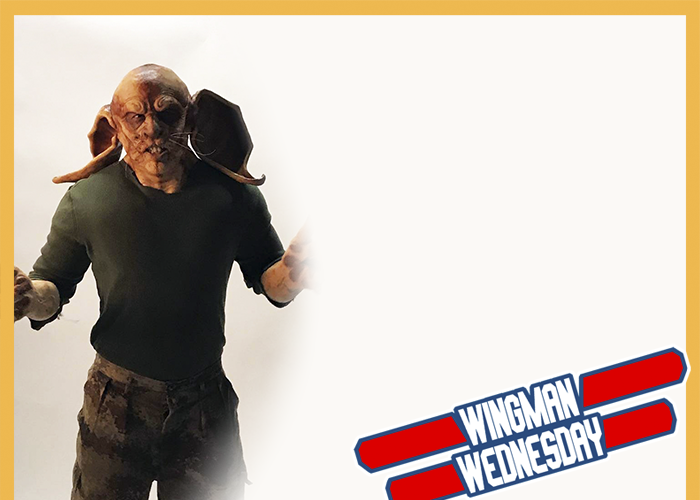
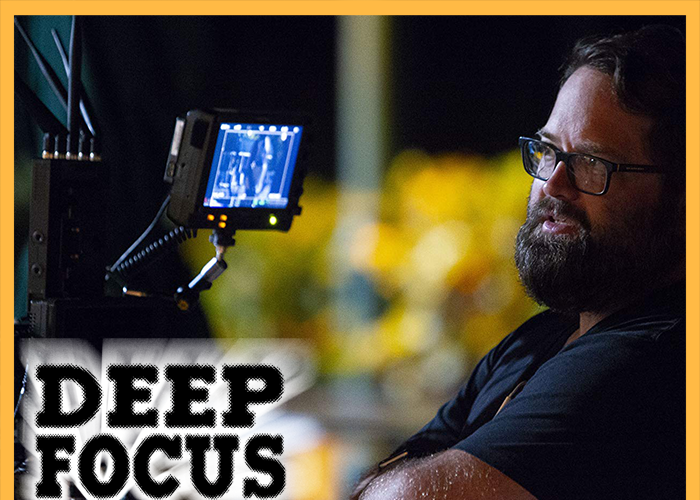
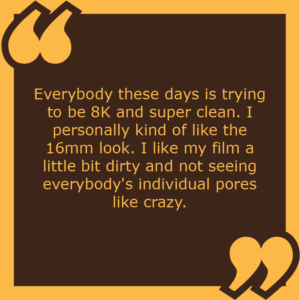 Director Brian is like, “Oh shit, I only have 50 bucks.”
Director Brian is like, “Oh shit, I only have 50 bucks.” 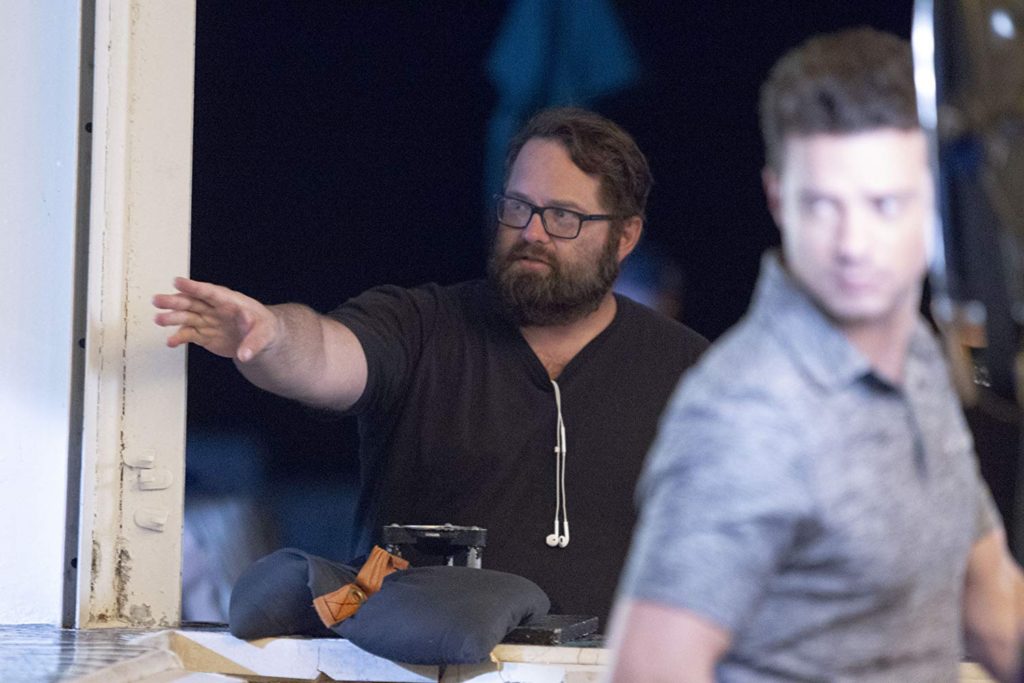

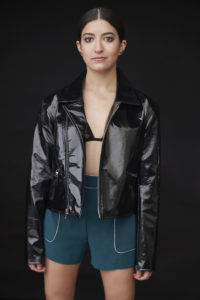
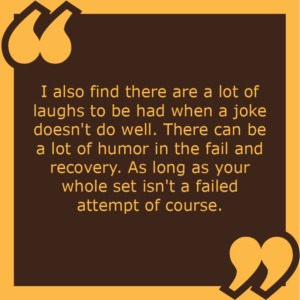 whatever, I’m like, “Wow, how will I ever think of another joke? Life is blah.” But as soon as I leave the house, even if I’m just driving, that’s when things come to me! I find it also helps to eavesdrop on people’s conversations. Sorry if that’s rude…
whatever, I’m like, “Wow, how will I ever think of another joke? Life is blah.” But as soon as I leave the house, even if I’m just driving, that’s when things come to me! I find it also helps to eavesdrop on people’s conversations. Sorry if that’s rude…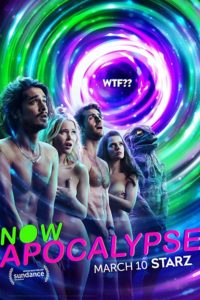 TrunkSpace: How do you handle hecklers? What approach do you take?
TrunkSpace: How do you handle hecklers? What approach do you take?
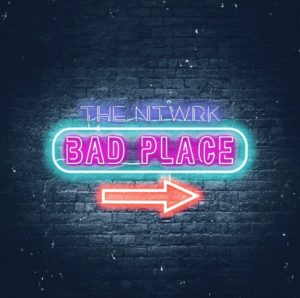 Artist: The NTWRK
Artist: The NTWRK
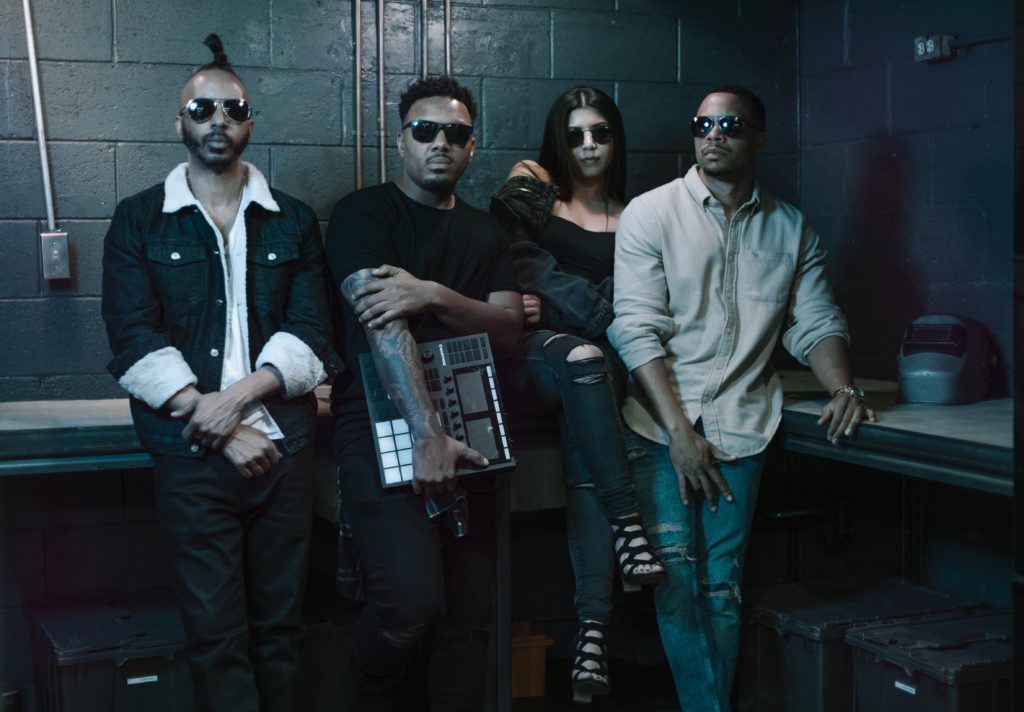
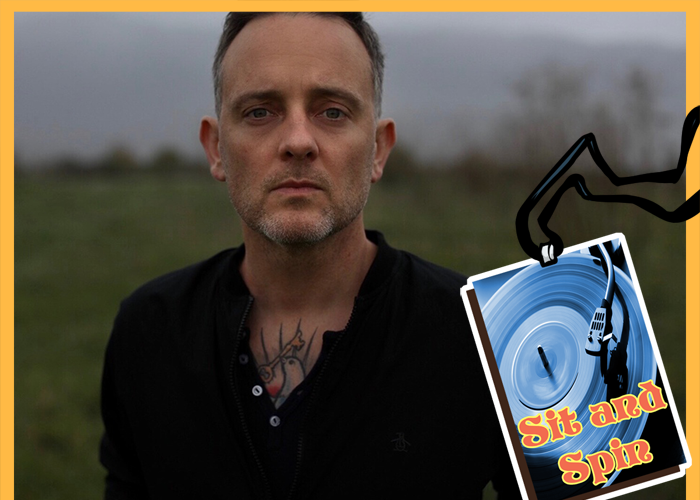
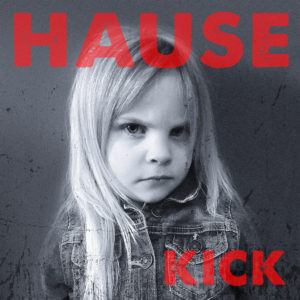 Artist: Dave Hause
Artist: Dave Hause
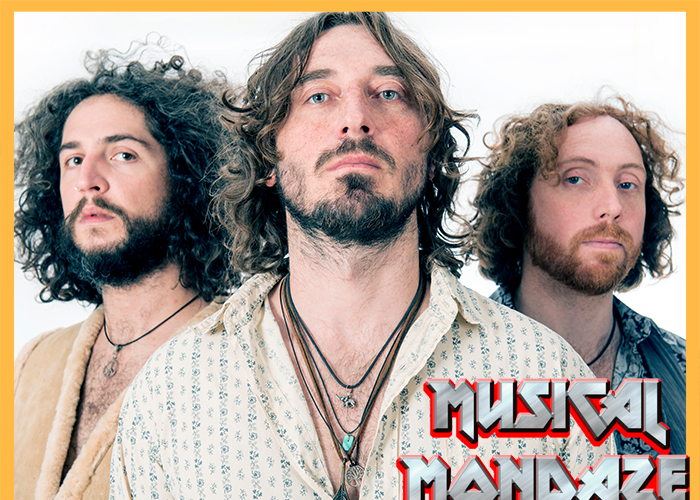
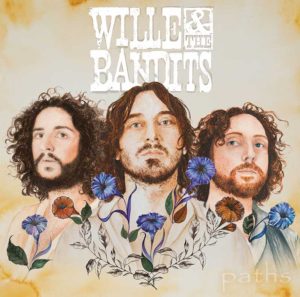 With their first States-based single recently released, popular UK rockers Wille & The Bandits are crossing the pond and expanding their music on a global scale. From performing at the Glatsonbury Festival to showcasing their musical talents at the London Olympics, the trio of undefinable genre hoppers have been wowing fans in their home country for nearly a decade, but now it’s time to take their rootsy vibe – and their new album “Paths” – to the United States, the country where much of their sonic influences originate from.
With their first States-based single recently released, popular UK rockers Wille & The Bandits are crossing the pond and expanding their music on a global scale. From performing at the Glatsonbury Festival to showcasing their musical talents at the London Olympics, the trio of undefinable genre hoppers have been wowing fans in their home country for nearly a decade, but now it’s time to take their rootsy vibe – and their new album “Paths” – to the United States, the country where much of their sonic influences originate from.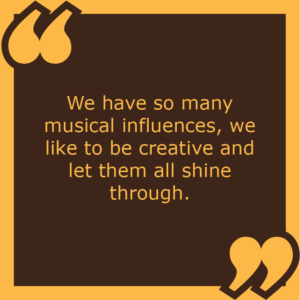 audiences in Europe. We hope that the album connects with people and that they turn out to the shows.
audiences in Europe. We hope that the album connects with people and that they turn out to the shows.
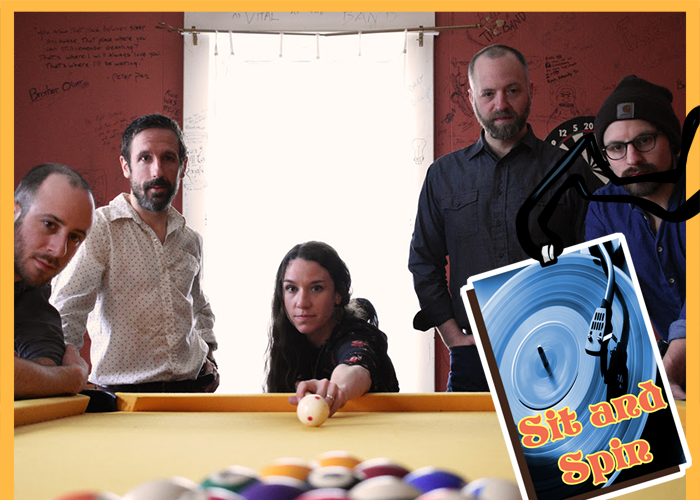
 Artist:
Artist: 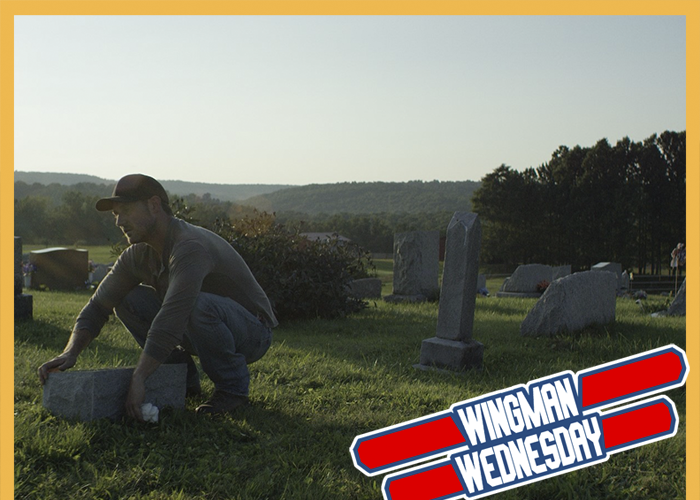

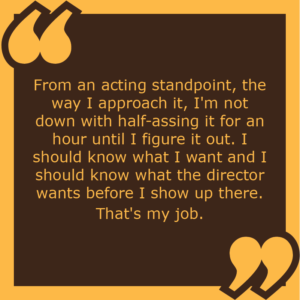 to tell, there shouldn’t be a compromise on it. The compromise to me comes from when there has to be an understanding that, okay, if I do want to do it my way and I do want to have creative control over it, the compromise is going to be more than likely on budget. Or in resources. So it’s just understanding how far back you can take that, what you can compromise in budget and in physical production to still get the story told and to have the ability to do it the way you want to do it.
to tell, there shouldn’t be a compromise on it. The compromise to me comes from when there has to be an understanding that, okay, if I do want to do it my way and I do want to have creative control over it, the compromise is going to be more than likely on budget. Or in resources. So it’s just understanding how far back you can take that, what you can compromise in budget and in physical production to still get the story told and to have the ability to do it the way you want to do it.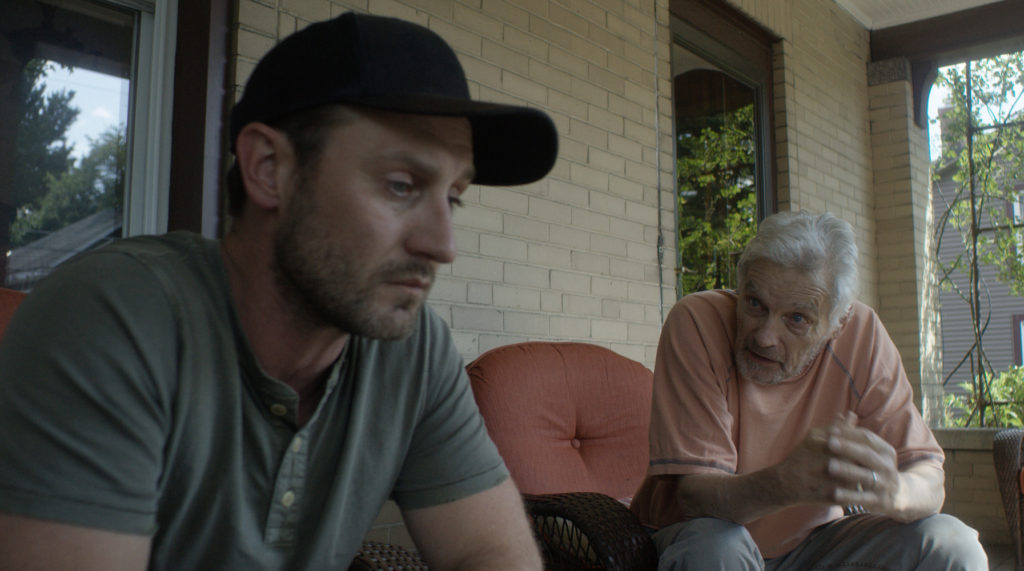
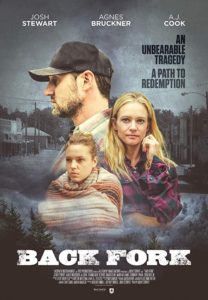 TrunkSpace: Well in a way, that’s what makes art beautiful, right? We could get something from the film and the person next to us could pull something different from it.
TrunkSpace: Well in a way, that’s what makes art beautiful, right? We could get something from the film and the person next to us could pull something different from it.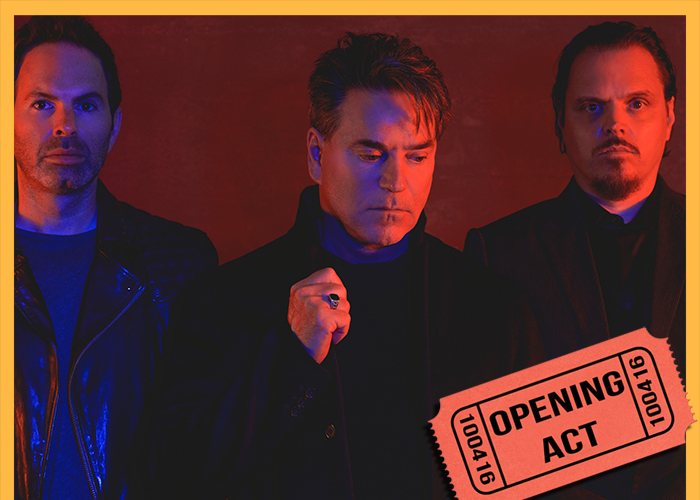
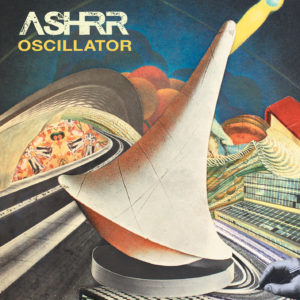 Artist: Ashrr
Artist: Ashrr